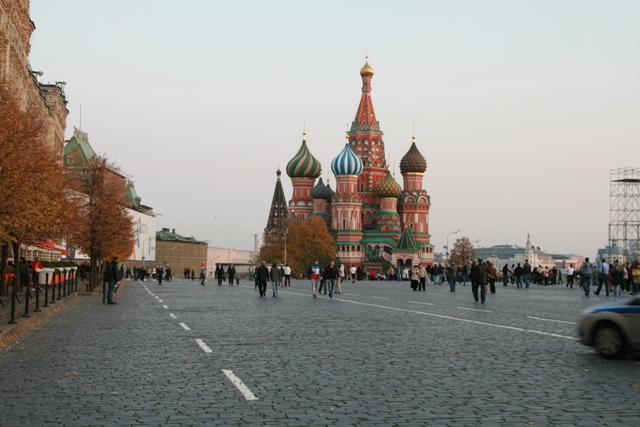The First Russian Internet Economy Forum opened in Moscow on December, 21. The experts, from major Russian companies and related agencies, created a roadmap of ten main directions for the development of the Internet and other electronic services.
The First Russian Internet Economy Forum opened in Moscow on December, 21. The experts, from major Russian companies and related agencies, created a roadmap of ten main directions for the development of the Internet and other electronic services.
The forum was organized by the Institute of Internet Development and the Coordination Center for TLD RU/РФ.
The First Deputy Chief of Staff of the Presidential Executive Office Vyacheslav Volodin said that the state would do everything it could to see “that the development of the Internet would remain self-regulated.” “The Internet is not just media but it’s also healthcare, education, commerce and many other traditional sectors of the economy”, he added.
Minister of Communications and Mass Media Nikolai Nikiforov talked about the importance of increasing the role of the Russian Internet in terms of the national economy. He said it was important to develop a document including a specific action plan for the further development of the Internet in Russia. Such a document will be developed following the forum.
President Vladimir Putin attended the Forum on December, 22. He attended an exhibition of innovative projects, where was shown, in particular, developments in bank technologies, cyber- protection for industrial facilities and those directed at enhancing the accessibility of public services for the public. Putin also had a conversation with Forum participants.
President of Russia Vladimir Putin:
Together with your board, we have just had a detailed discussion of the issues you considered yesterday regarding specific branches of the economy. I found it interesting. I hope we have managed to agree on certain matters. I can see my aide Igor Shchegolev here, the former Minister and now my Presidential Aide. We agreed that if our colleagues decide to do so, then we will be happy to hand over the responsibility for everything you agreed on and proposed as necessary for joint efforts to promote your initiatives to one of your colleagues, whom I invited to work at the Presidential Executive Office with Mr Shchegolev. This will allow us to promote your ideas within the Presidential Executive Office as well, and also within the executive bodies in the Government and the regions of the Russian Federation, which is no less important.
Generally, in the past years the Internet has certainly become part of our daily lives. Moreover, it has become a separate industry practically all over the world, and you spoke about this yesterday. Russia is keeping abreast of things, of course. I may be saying very general things not intended for this audience, maybe for those who are standing there with the cameras, so that people in this country will find out more about this: Russia has the largest number of Internet users – in excess of 80 million people, with 62 million of them going online on a daily basis. As one of the board members said, people look at their phones about 300 times a day to see what is going on in the world, or in everyday life, things that interest people who use the Internet.
The number of commercial Internet users is also growing rapidly. The Internet market accounts for 16 percent of the GDP. Remote access technologies are extensively used to provide public and municipal services, which I am very happy to say, because just recently we were only beginning here. Generally, there has been good progress. In the previous year, more than a third of all public and municipal services became available online.







